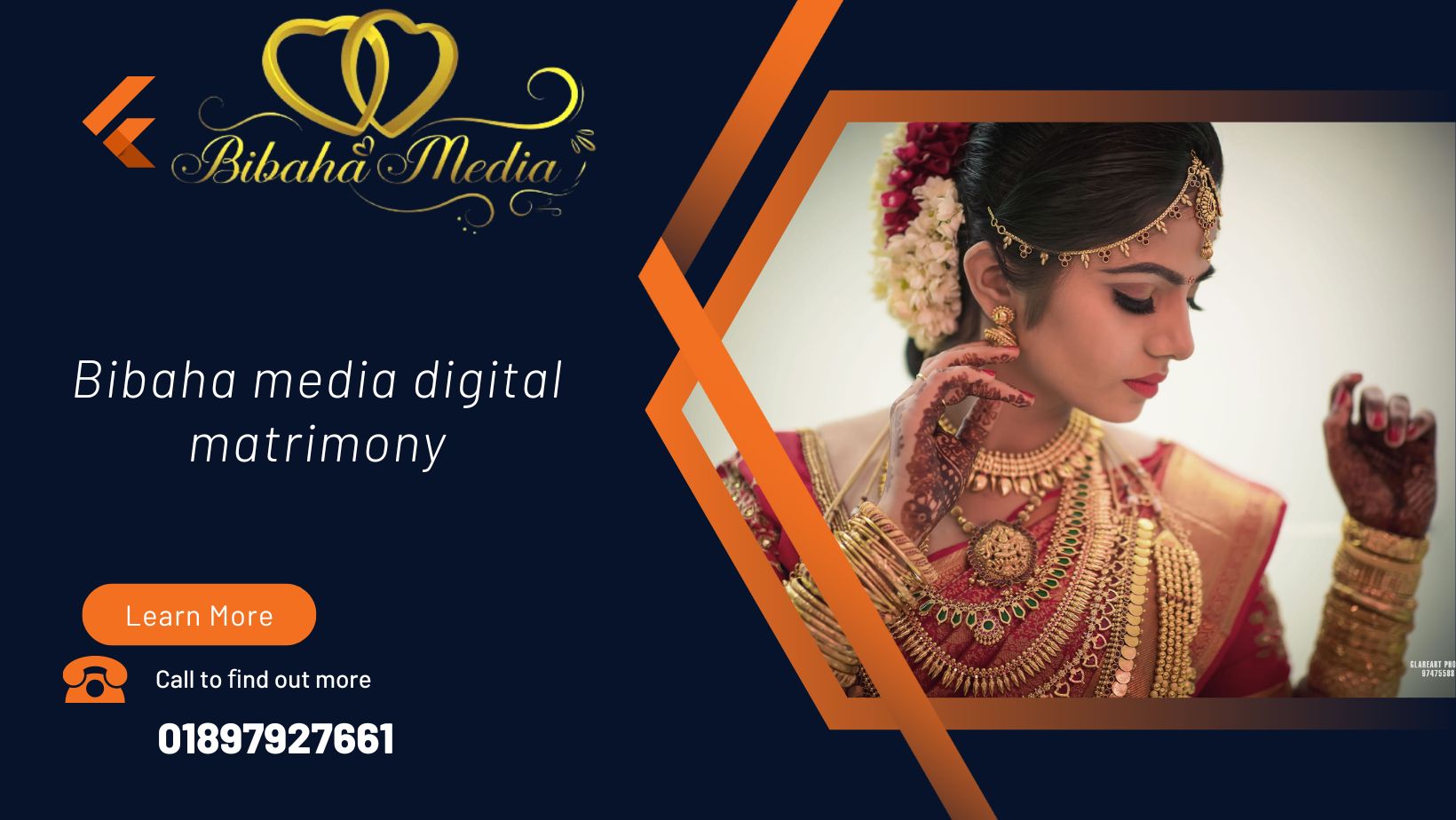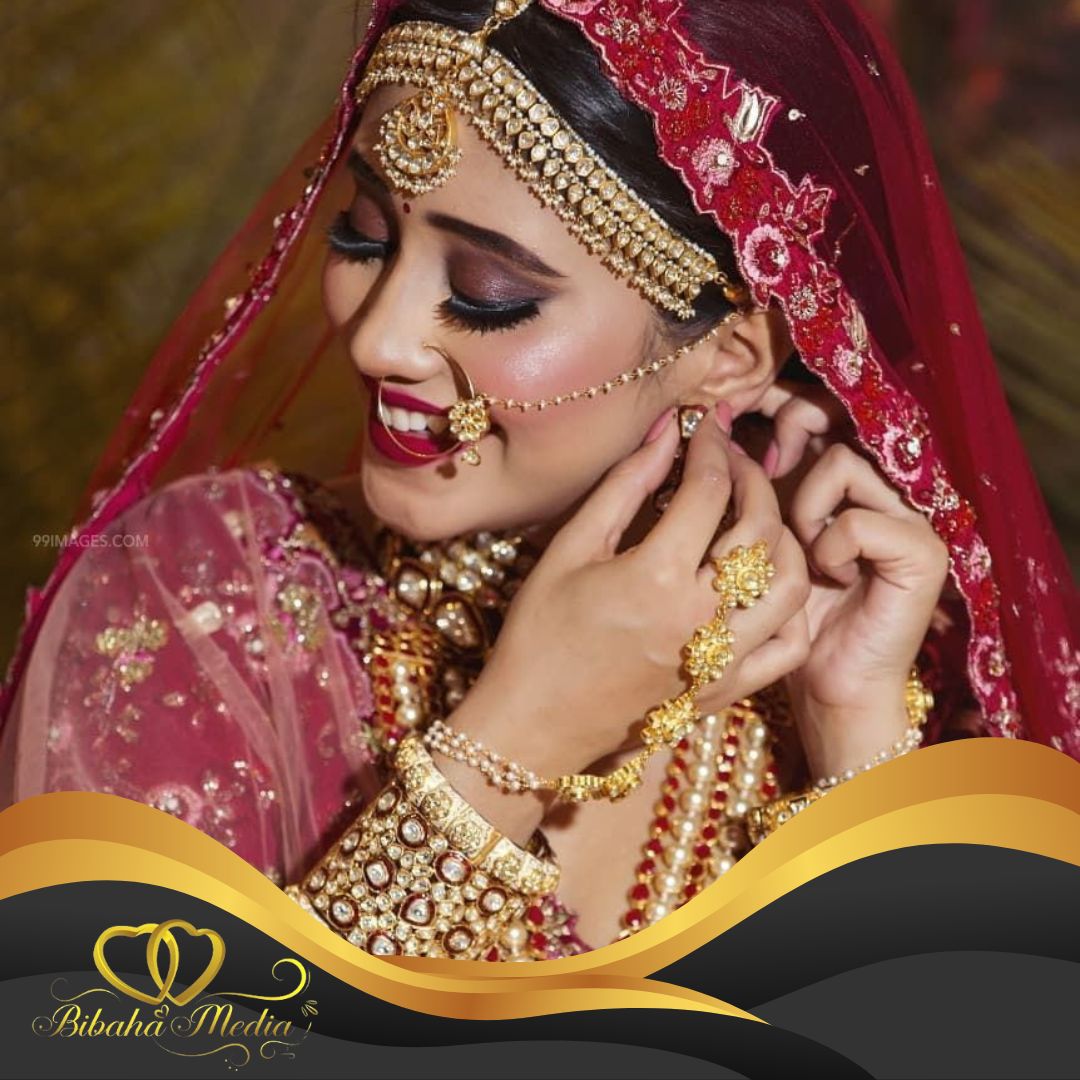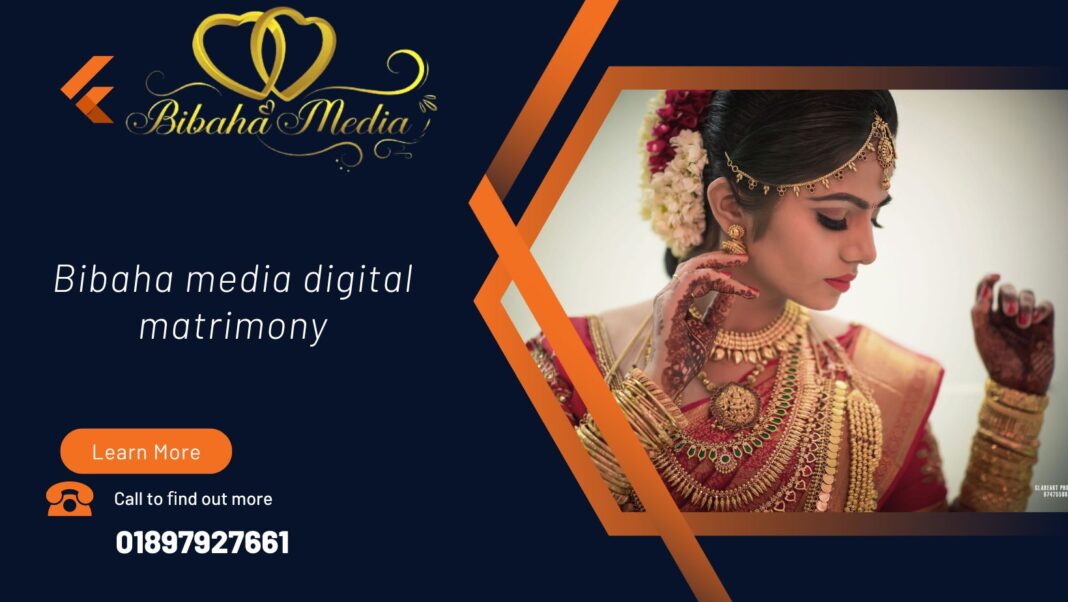What the role does matrimony play in planning a wedding celebaration in usa

Planning a wedding celebration in the USA involves numerous elements, and matrimony plays a pivotal role in shaping the entire process. Matrimony, often synonymous with marriage, is not just a legal union between two individuals but a significant cultural and social event. In the United States, the approach to planning a wedding is deeply influenced by cultural diversity, traditions, and personal preferences. This article explores the multifaceted role that matrimony plays in shaping and influencing the planning of a wedding celebration in the USA.
-
Cultural Diversity:
The USA is known for its cultural diversity, with a rich tapestry of traditions stemming from various ethnic backgrounds. Matrimony in the context of wedding planning is influenced by this diversity, as couples often incorporate cultural elements into their ceremonies. Whether it’s a traditional Indian ceremony, a Jewish wedding, or a Christian celebration, the matrimony aspect sets the tone for the entire wedding. The rituals, customs, and traditions associated with matrimony are carefully woven into the fabric of the wedding planning process, making each celebration unique and reflective of the couple’s cultural identity. Cultural diversity is the variety of human societies or cultures in a specific region, or in the world as a whole. It is the existence of a large number of different ethnicities within a society. These ethnicities can be distinguished by factors such as religion, language, customs, social practices, music and art. Cultural diversity is seen as a strength for a society. It can bring a richness of ideas, customs and traditions.
Here are some of the benefits of cultural diversity:
- Promotes creativity and innovation: When people from different cultures come together, they share their ideas and perspectives. This can lead to new and innovative ways of thinking.
- Strengthens social fabric: Cultural diversity can help to create a more tolerant and inclusive society. When people from different cultures learn to appreciate and respect each other’s differences, it can lead to a stronger sense of community.
- Boosts economic growth: Cultural diversity can be a boon for the economy. A diverse workforce can bring a wider range of skills and perspectives to a business. Tourism can also benefit from cultural diversity, as people are attracted to travel to places with different cultures.
However, cultural diversity can also pose some challenges:
- Cultural misunderstandings: People from different cultures may have different values and beliefs. This can lead to misunderstandings and conflicts.
- Social fragmentation: If different cultures do not interact with each other, it can lead to social fragmentation. This can make it difficult for people to trust and cooperate with each other.
- Discrimination: People from minority cultures may be discriminated against by the majority culture. This can lead to social exclusion and poverty.
It is important to find ways to celebrate cultural diversity while also managing the challenges that it can pose. Here are some tips:
- Promote education and understanding: By learning about different cultures, people can develop a greater appreciation for diversity.
- Encourage interaction: When people from different cultures interact with each other, they can learn to appreciate each other’s differences.
- Celebrate diversity: Cultural diversity should be celebrated as a strength of society.
-
Legal Formalities:
Matrimony involves legal formalities that are integral to planning a wedding in the USA. Obtaining a marriage license is a crucial step, and the requirements may vary from state to state. Couples need to navigate through these legal processes to ensure the matrimony aspect is recognized by the law. This involves understanding the residency requirements, documentation, and other legalities associated with matrimony, all of which contribute to the overall planning of the wedding. Legal formalities are an essential aspect of the matrimony process when planning a wedding. These formalities ensure that the marriage is recognized and valid according to the laws of the jurisdiction in which the ceremony takes place. The legal requirements may vary from country to country and even between different states or regions within a country. In the context of the United States, several legal formalities are associated with matrimony. Here are some key legal aspects that couples need to consider:
-
Marriage License:
- Obtaining a marriage license is a fundamental legal formality for matrimony. Couples must apply for a marriage license from the appropriate local authority, usually the county clerk’s office. The application process typically involves providing identification, proof of age, and, in some cases, proof of dissolution of any previous marriages. The marriage license serves as permission to marry and is a prerequisite for the marriage ceremony.
-
Residency Requirements:
- Some states may have residency requirements that stipulate a minimum period of residence before allowing couples to obtain a marriage license. It’s essential for couples to be aware of and comply with these requirements based on the state in which they plan to marry.
-
Waiting Periods:
- Certain states impose a waiting period between the issuance of the marriage license and the actual ceremony. This waiting period allows for public notification and objections, if any. Couples should factor in this waiting period when planning the timing of their wedding.
-
Officiant Requirements:
- The person who officiates the wedding ceremony must be legally authorized to do so. In the United States, this can include clergy members, judges, magistrates, or other authorized individuals depending on state laws. Couples should ensure that their chosen officiant meets the legal requirements.
-
Witnesses:
- Most jurisdictions require witnesses to be present during the marriage ceremony. The number of witnesses and their eligibility may vary by location. Witnesses play a crucial role in validating the marriage and signing the marriage certificate.
-
Marriage Certificate:
- Following the marriage ceremony, the officiant and witnesses sign the marriage certificate. This document serves as proof of the marriage and is filed with the appropriate government office. Couples may need to obtain certified copies of the marriage certificate for various legal purposes, such as name changes or spousal immigration petitions.
-
Name Change Procedures:
- For individuals planning to change their names after marriage, there are specific legal steps to follow. This may include updating identification documents such as the driver’s license, Social Security card, and passport. The name change process varies by jurisdiction, and couples should be aware of the necessary procedures.
-
Dissolution of Previous Marriages:
- Individuals who have been previously married must provide evidence of the dissolution of their previous marriage, usually in the form of a divorce decree or death certificate of the former spouse. This is a crucial legal formality to ensure that the new marriage is valid.
-
Common-Law Marriages:
- Some states recognize common-law marriages, where couples may be considered legally married without a formal ceremony. The criteria for establishing a common-law marriage vary, and couples should be aware of the legal implications in their specific jurisdiction.
-
Post-Wedding Filings:
- After the wedding ceremony, the marriage license and certificate must be filed with the appropriate government office for legal recognition. Failure to file these documents may result in the marriage not being officially recognized.
Understanding and adhering to these legal formalities is crucial for ensuring the validity of matrimony and avoiding potential legal complications. Couples are advised to familiarize themselves with the specific requirements of the jurisdiction in which they plan to marry and seek legal guidance if needed to navigate the complexities of matrimony-related legal processes.

-
Venue Selection:
The choice of venue for the wedding is heavily influenced by the matrimony aspect. Different cultures and religions have specific requirements for wedding ceremonies, and the venue needs to accommodate these. Whether it’s a church for a Christian wedding, a synagogue for a Jewish ceremony, or a banquet hall for a secular celebration, the matrimony aspect dictates the suitable venues for the wedding. This not only impacts the ambiance but also plays a role in logistical considerations such as guest accommodation and transportation.
-
Guest List and Invitations:
Matrimony shapes the guest list and the invitations for the wedding celebration. Cultural norms often dictate the size of the guest list, including extended family, close friends, and community members. The invitations themselves become a reflection of the matrimony aspect, incorporating cultural symbols, colors, and designs that hold significance for the couple and their families. The guest list and invitations are crucial elements in the overall planning, impacting the budget, venue size, and overall atmosphere of the celebration.
-
Wedding Attire:
The attire worn during the matrimony ceremony sets the tone for the entire wedding celebration. Different cultures have specific dress codes and traditions associated with matrimony. Whether it’s a white wedding gown, traditional Indian saree, or cultural attire specific to the couple’s heritage, the matrimony aspect influences not only the couple’s attire but also the dress code for the entire wedding party and, in some cases, the guests.
-
Religious and Cultural Rituals:
Matrimony often involves religious and cultural rituals that are an integral part of the wedding celebration. From the exchange of vows in a Christian ceremony to the seven steps in a Hindu wedding, these rituals add depth and meaning to the matrimony aspect. Planning a wedding in the USA involves coordinating these rituals, ensuring that the ceremony aligns with the couple’s beliefs and traditions. It requires collaboration with religious leaders, cultural experts, and officiants to seamlessly incorporate these elements into the celebration.
-
Culinary Choices:
The matrimony aspect significantly influences the culinary choices for the wedding celebration. Different cultures have specific dishes and culinary traditions associated with weddings. The menu is often curated to reflect the couple’s cultural background, ensuring that the matrimony aspect extends to every aspect of the celebration, including the food served to the guests.
-
Entertainment and Music:
The entertainment and music chosen for the wedding celebration are often influenced by the matrimony aspect. Cultural performances, traditional music, and dance are incorporated into the festivities, making the celebration a reflection of the couple’s heritage. Whether it’s a lively dance performance, a traditional ceremony, or specific musical choices tied to matrimony, these elements contribute to the overall atmosphere of joy and celebration.
-
Photography and Videography:
Capturing the essence of matrimony is a crucial aspect of wedding planning, and photography and videography play a significant role. Couples often opt for professionals who understand the cultural nuances and significance of the matrimony aspect. The choice of poses, locations, and styles of photography is influenced by the cultural and religious background of the couple, ensuring that the visuals encapsulate the beauty of the matrimony ceremony.
-
Pre-Wedding and Post-Wedding Rituals:
Matrimony involves not just the wedding ceremony but also pre-wedding and post-wedding rituals. Planning these events, such as engagement parties, bridal showers, or post-wedding celebrations, is intricately connected to the matrimony aspect. These additional events provide opportunities for extended family and friends to participate in the joyous occasion and contribute to the overall wedding experience.
In conclusion, matrimony plays a multifaceted role in planning a wedding celebration in the USA. It influences various aspects, including cultural diversity, legal formalities, venue selection, guest list, attire, rituals, culinary choices, entertainment, photography, and additional pre-post wedding events. The careful integration of matrimony into the wedding planning process ensures that the celebration is not just a union of two individuals but a rich tapestry of traditions, beliefs, and cultural heritage. The result is a wedding that is deeply meaningful, reflective of the couple’s identity, and a joyous celebration of matrimony.
আপনি যদি বিয়ের ব্যাপারে সিরিয়াস হয়ে থাকেন তবে
লিংকে ক্লিক করে ফ্রী রেজিষ্ট্রেশন করুন
অথবা বিস্তারিত জানতেঃ
01897927661 এ কল করুন ২৪/৭ সার্ভিস



